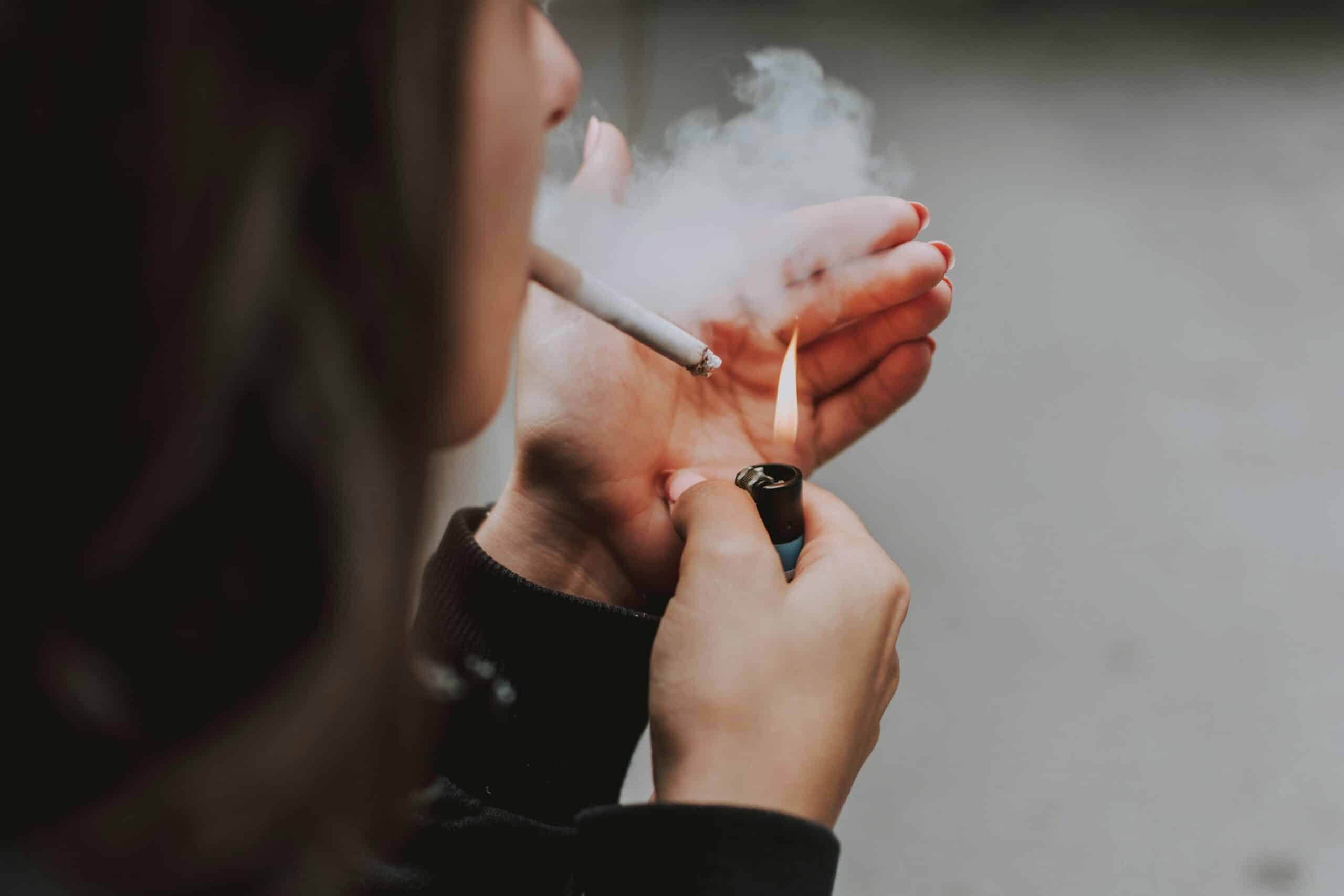Cocaine Overdose Symptoms: What You Need to Know
Cocaine is a highly addictive stimulant drug. It affects the central nervous system. Cocaine increases alertness and energy. It also causes a temporary feeling of euphoria.
Cocaine use carries a risk of overdose. A cocaine overdose happens when a person takes too much cocaine. This disrupts the body’s normal functions. A cocaine overdose is a medical emergency. It can be fatal.
This article discusses cocaine overdose symptoms. It also provides information on treatment and recovery.

How Cocaine Affects the Body
Cocaine increases the levels of dopamine in the brain. Dopamine is a neurotransmitter. It is associated with pleasure and reward. This increase in dopamine causes the stimulant effects of cocaine. These effects include:
- Increased energy
- Elevated heart rate
- Elevated blood pressure
- Elevated body temperature
Cocaine Overdose Symptoms
Cocaine overdose symptoms occur when someone uses a toxic level of cocaine. These symptoms can be physical, psychological, or both.
Physical symptoms may include:
- Chest pain
- Rapid heart rate
- Irregular heartbeat
- Elevated blood pressure
- Elevated body temperature
- Difficulty breathing
- Seizures
- Abdominal pain
- Nausea and vomiting
- Blurred vision
Psychological symptoms may include:
- Agitation
- Anxiety
- Paranoia
- Hallucinations
- Delirium

Risk Factors for Cocaine Overdose
Several factors can increase the risk of a cocaine overdose. These include:
- High doses of cocaine: Taking high doses increases the risk of overdose.
- Cocaine with alcohol: Combining cocaine with alcohol increases overdose risks. This combination forms a new substance in the body. This substance is more toxic than cocaine alone.
- Cocaine with drugs: Combining cocaine with other drugs, especially opioids or other stimulants, increases overdose risks.
- Individual factors: Factors such as age, weight, and overall health can influence overdose risks.
- Cocaine dependence: People with cocaine dependence have a higher risk of overdose.
- Body packer: A body packer swallows packages of cocaine for smuggling. The package can leak. This can cause a cocaine overdose.
What to Do in a Cocaine Overdose
A cocaine overdose is a medical emergency. Call emergency services immediately if you suspect a cocaine overdose.
While waiting for Emergency responders:
- Stay with the person.
- Monitor their vital signs (heart rate, breathing rate, blood pressure).
- Try to keep the person calm.
- If the person is conscious, lay them on their side. This helps prevent choking if they vomit.
- Do not try to make the person vomit.
- Do not offer them any food or drink.
Cocaine Overdose Treatment
Emergency medical treatment for a cocaine overdose focuses on managing the immediate effects of cocaine toxicity. This may include:
- Monitoring vital signs
- Administering oxygen
- Administering medications to control heart rate, blood pressure, and seizures
- Cooling the body to reduce core body temperature
- Intravenous fluids
Long-Term Treatment for Cocaine Addiction
Cocaine addiction is a substance use disorder. It requires specialized treatment. Treatment for cocaine addiction often involves a combination of:
- Medical detox: This helps manage withdrawal symptoms.
- Behavioral therapy: This helps people change their thoughts and behaviors related to drug use.
- Support groups: Groups like Cocaine Anonymous provide peer support.
Preventing Cocaine Overdose
There are several steps you can take to reduce the risk of a cocaine overdose:
- Avoid cocaine use: The safest way to prevent a cocaine overdose is to avoid using cocaine altogether.
- Seek help for addiction: If you are struggling with cocaine addiction, seek professional help.
- Never use cocaine alone: If you do use cocaine, do not use it alone. Have someone with you who can call for help if needed.
- Start low, go slow: If you are new to cocaine, start with a very low dose. Increase the dose gradually.
- Do not mix cocaine with other substances: Avoid mixing cocaine with alcohol or other drugs.
- Use in a safe environment: Use cocaine in a safe and comfortable environment.
- Know the signs of an overdose: Be aware of the signs and symptoms of a cocaine overdose.
- Be prepared for an emergency: Have a plan in place in case of an overdose. Know how to contact emergency services.

FAQs about Cocaine Overdose
1. What is the danger of cocaine overdose?
A cocaine overdose can cause serious medical complications, including heart attack, stroke, respiratory failure, kidney failure, and seizures. It can also lead to death.
2. What are the effects of cocaine use on the heart?
Cocaine can cause several cardiovascular complications, including:
- Elevated heart rate
- Elevated blood pressure
- Abnormal heart rhythm
- Chest pain
- Heart attack
3. How much cocaine is fatal?
The amount of cocaine that can cause a fatal overdose varies depending on several factors, including individual tolerance, purity of the cocaine, and whether other substances were used. Even small amounts of cocaine can be fatal in some cases.
4. What are the long-term effects of cocaine use?
Long-term cocaine use can have devastating effects on physical and mental health. It can lead to heart disease, stroke, lung damage, kidney damage, liver damage, and mental health problems.
5. Where can I find treatment for cocaine addiction?
You can find treatment for cocaine addiction through various resources, including:
- The Substance Abuse and Mental Health Services Administration (SAMHSA) National Helpline: 1-800-662-HELP (4357)
- The National Institute on Drug Abuse (NIDA) website:https://www.drugabuse.gov/
- Your doctor or other healthcare provider
- Local addiction treatment centers
Remember: Cocaine is a dangerous and addictive drug. If you or someone you know is struggling with cocaine addiction, seek help immediately. Contact us today for more information.




